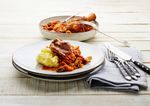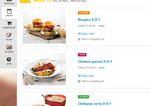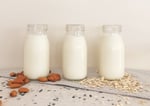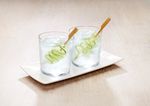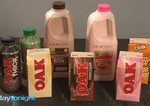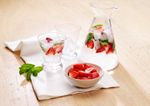Sugary drinks are rotten for teeth
by Dr Rebecca Williams, Paediatric dentist
- November 8, 2021
- Leave a comment
The Australian Dental Association of WA has teamed up with LiveLighter to create a new campaign to help ditch sugary drinks and keep dentist visits quick and painless. Dr Rebecca Williams, paediatric dentist, gives us the rundown on why sugary drinks are rotten for teeth.
Why are sugary drinks bad for my teeth?
Bacteria in our mouths feed on sugars in our diet and create acids, leading to holes in our teeth, better known as dental decay. Sugary drinks are particularly damaging as they provide a big dose of sugar, with the average can of soft drink containing nine teaspoons of sugar. They are often sipped frequently between meals, so saliva doesn’t get a chance to repair the teeth before the next sugar hit comes. This means that decay can progress, potentially leading to sensitivity, severe pain and even infection if left untreated.
Sugar-free drink alternatives may seem like a good idea, however they can be very acidic and erode the teeth. The best drinks to avoid dental problems are water and plain milk.
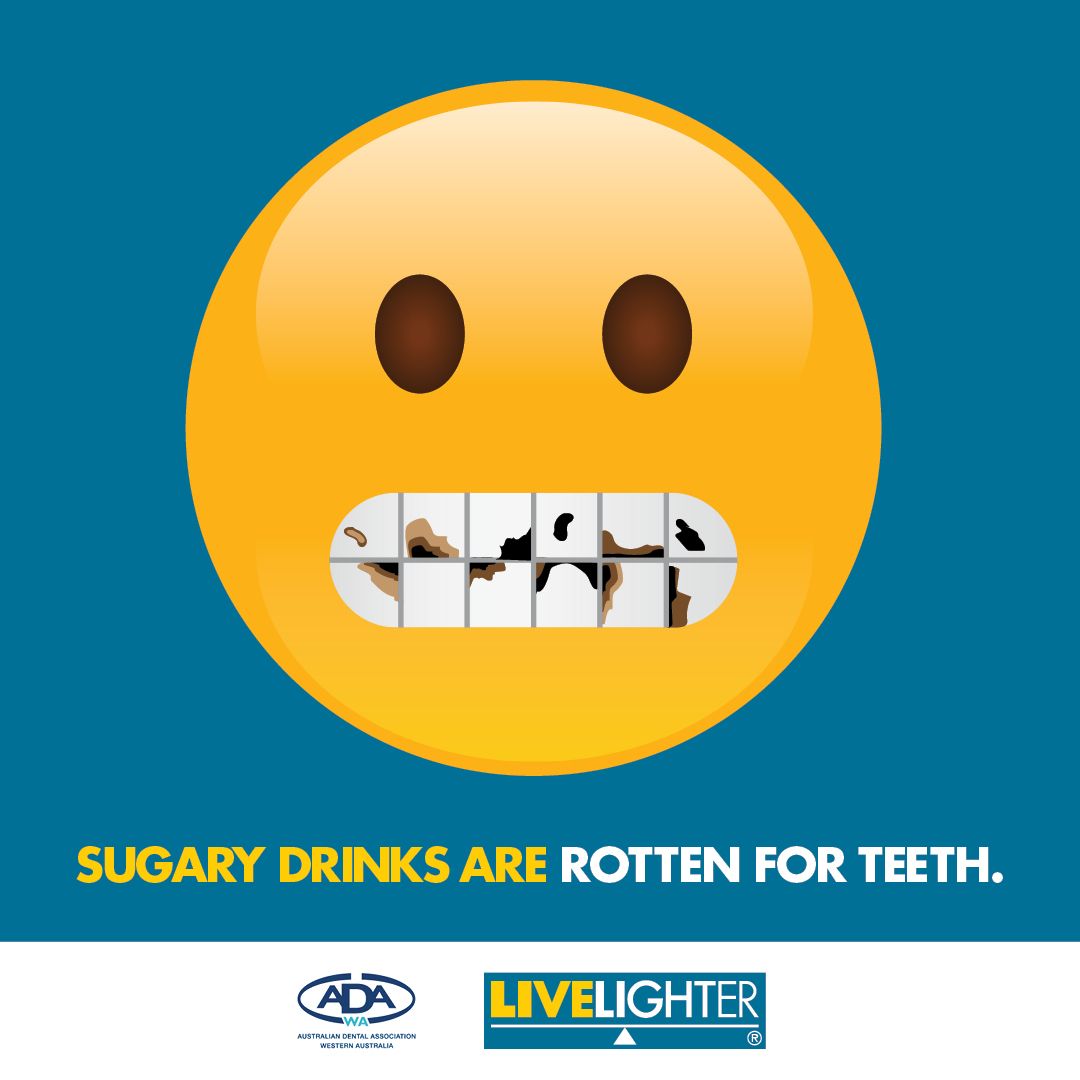
What’s wrong with dental decay?
Good oral health is an integral part of good general health and wellbeing. Dental decay causing pain and infection may interfere with a person’s ability to eat, sleep and concentrate at school or work.
In severe cases, infection can spread and cause major medical problems. Dental decay is unsightly and can cause bad breath, which may affect a person’s confidence. It can also be costly to treat. The average Australian adult has 11.2 decayed, missing or filled teeth – dental decay is a big issue!
As the saying goes, prevention is better than cure, and the good news is that dental decay is preventable. Limiting the amount of sugar we have, maintaining good oral hygiene and visiting your dentist regularly will go a long way to keeping your mouth healthy.
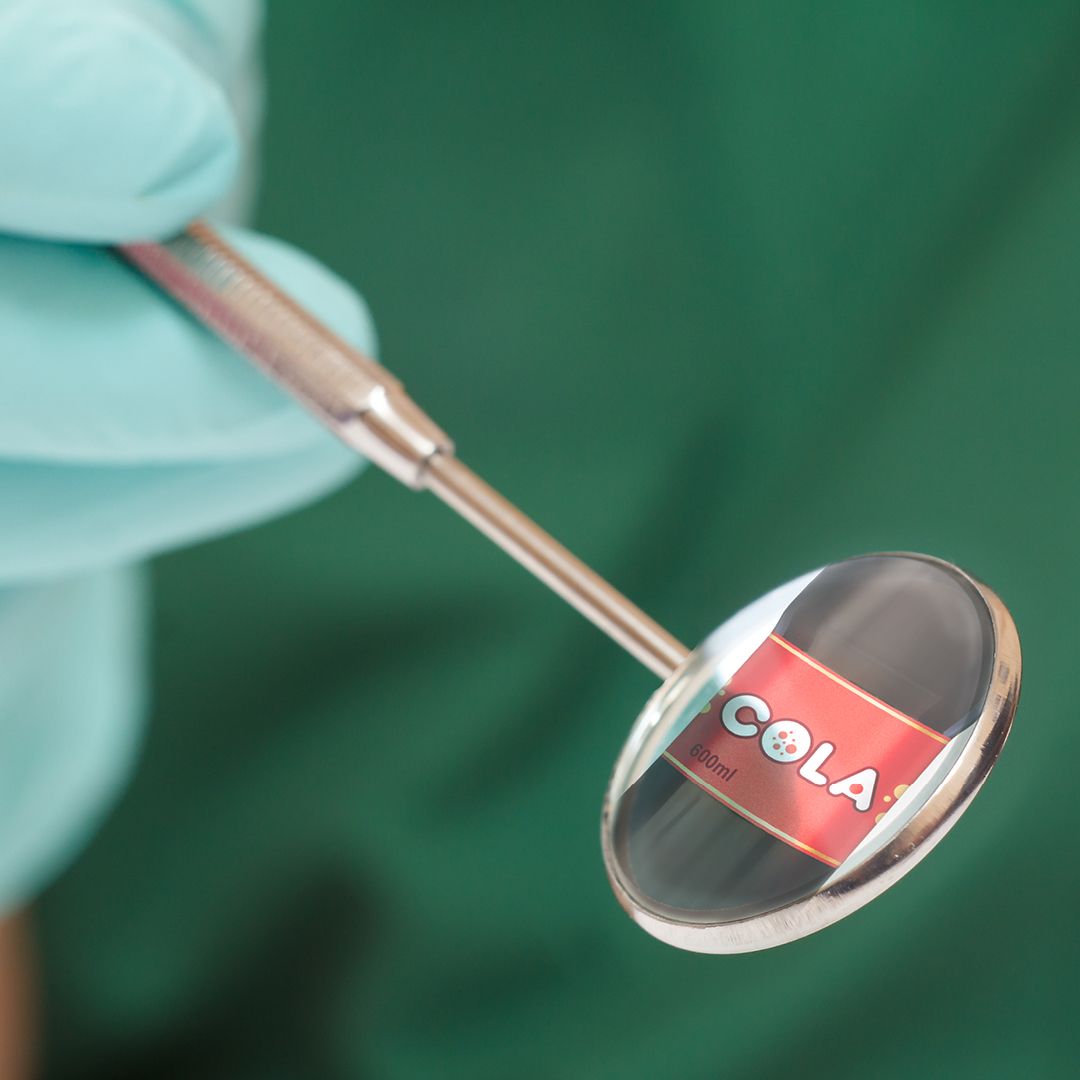
Sugary drinks and kids
Children who drink sugary drinks such as juice, soft drink or cordial are more at risk of dental decay in both their baby and adult teeth and at a higher risk of needing tooth extractions. In addition, sugary drinks are energy-dense and nutrient-poor. For most kids, there’s no room for them in the regular diet, and yet more than half of Australian kids are drinking soft drinks each week. Sugary drinks are the biggest contributor to total sugar in our diets. Do your kids (and yourself!) a favour and don’t buy them as part of the regular grocery shop.
How can I reduce tooth damage from sugary drinks?
- AVOID THEM. Choose unsweetened drinks. Tap water is the best choice for teeth as it’s sugar-free and fluoride has a protective effect.
- Drink them with a meal and avoid sipping sugary drinks over a long period of time.
- Chew sugar-free gum after drinking a sugary drink.
- Brush teeth 30 minutes after drinking a sugary drink.
- Build good habits early. For children, stick to plain milk and water from an open cup.
REFERENCES
- Australian Bureau of Statistics. Australian Health Survey: Consumption of added sugars, 2011-12. Published 2016. Accessed November 5, 2021. https://www.abs.gov.au/AUSSTATS/abs@.nsf/DetailsPage/4364.0.55.0112011-12?OpenDocument
- Brennan D, Chrisopoulos S, Do L, Ellershaw A, Luzzi L, Peres M. Australia’s Oral Health: National Study of Adult Oral Health 2017-18.; 2019. doi:10.1007/978-3-540-29676-8_6545
- Ha D, Roberts-Thomson K, Arrow P, Peres K, Do L. Oral health of Australian children: The National Child Oral Health Study 2012-14. In: Do L, Spencer A, eds. Oral Health of Australian Children: The National Child Oral Health Study 2012–14. University of Adelaide Press; 2016.
- Australian Bureau of Statistics. National Health Survey: First results, 2017-18 financial year. Published 2018. Accessed September 20, 2021. https://www.abs.gov.au/statistics/health/health-conditions-and-risks/national-health-survey-first-results/latest-release
